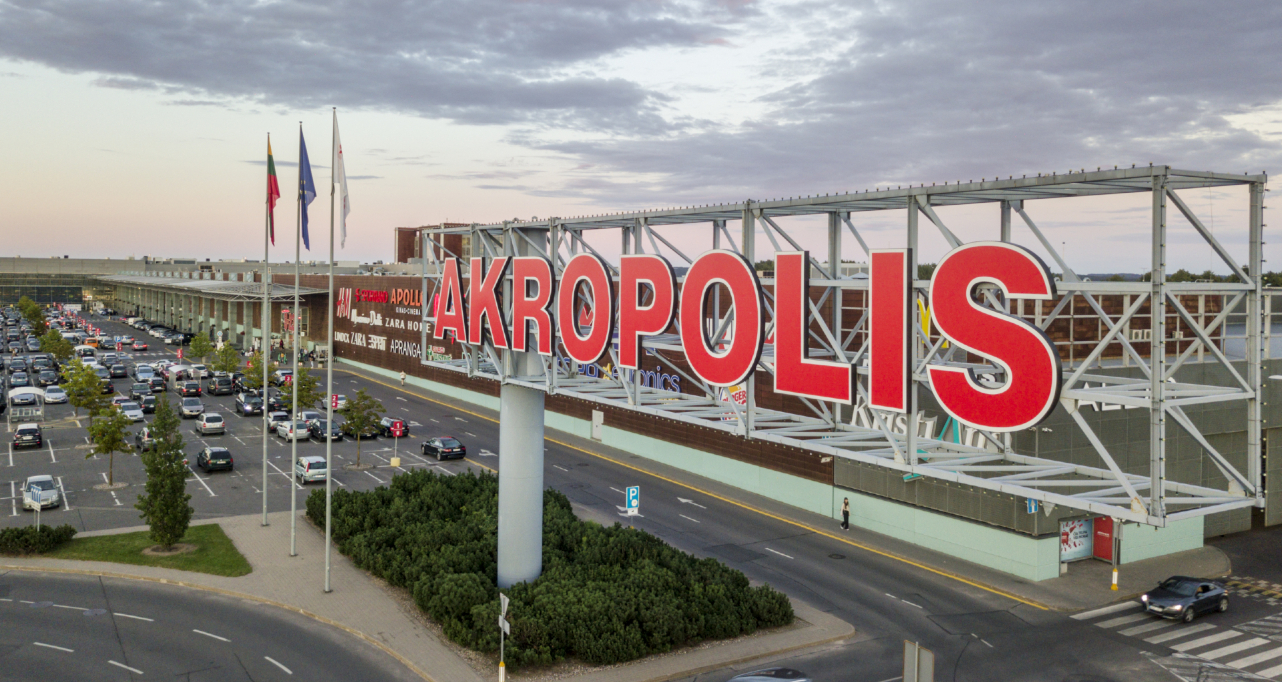Accounting for 70 percent of green-certified buildings and 85 percent of offices occupied in certified space, the stock of green qualified offices is comparatively higher in Romania than anywhere else in Europe. In addition, 88 percent of investment transactions in the office segment in Romania involve buildings with green certifications, according to CBRE Romania. This makes the office sector the most representative when it comes to buildings with sustainability standards, followed by logistics and retail.
“We see a clear trend in Europe of tenants being very interested and willing to pay a higher rent for environmentally friendly premises. This can range from just 10 percent to almost 30 percent in Copenhagen, Barcelona or Amsterdam. In Romania, the premium rent is squarely in the middle, at 16.5 percent, but we have seen cases with even higher figures. Tenants have relocated from older buildings to green buildings in the same area of Bucharest and paid over 25 percent for a new premium office, from €11/sqm to €14.5 /sqm net effective. This is reflective of a sustainability-driven relocation trend. We have seen several stable tenants that make relocation decisions driven by their new corporate sustainability goals. We are talking about a spread now, but since ESG criteria are becoming a must for tenants, it could be that being green means having occupied buildings,” commented Luiza Moraru, Head of Property Management CEE at CBRE.
A key factor driving the growth in demand for premium rents is employee retention, according to a recent ESG study. It reveals that 70% of European millennials, who already make up the majority of the workforce, have gone so far as to say they would accept a lower salary to work for a company with a clear environmental mission. 71 percent of job seekers want to work for environmentally sustainable companies after the pandemic, and 86 percent of employees prefer to support or work for companies that care about the same issues they do. In addition, 83 percent of investors surveyed expect an increase in demand for sustainable buildings from tenants.
According to CBRE European Investors Intentions Survey (February 2022), 70 percent of all respondents have already adopted ESG criteria and the majority of investors see upgrades as a key to ESG implementation. Also, from 2023 onwards, under EU legislation, some 50,000 companies with more than 250 employees or net revenues of €40 million must submit CSRD reports.
“The attention on sustainability principles, in particular energy efficiency, has increased rapidly in the commercial property sector. There is a widespread perception that, although the development of sustainable buildings generally incurs an additional incremental cost, it should also generate positive value benefits like lower voids, faster leasing, covenant strength, more liquidity, and better leasing terms”, added Joanna Sinkiewicz, Head of Industrial & Logistics for Central and Eastern Europe at CBRE.
According to EU Taxonomy, among the sustainable activities in real estate are the renovation of existing buildings, the retrofitting is considered the best solution for real estate. The available data show that 85 percent of the European buildings were built before 2001, and 85-95 percent will be standing by 2050. Investment in retrofit could generate to the European Union up to €175 billion per year.
In Romania, 69 percent of the modern retail stock was delivered before 2013. Of the total stock of 4.03 million sqm, only 0.53 million sqm has been refurbished in the last 3 years, indicating that redevelopment projects will become the norm rather than new development. With redevelopment and energy-efficient equipment, green features and green energy solutions become standard, in addition to the social and inclusiveness function that shopping centres already fulfil.
While during the pandemic, retail parks reported very good traffic and turnover, current trends show that the shopping experience is the most valued asset by customers. E-commerce and the omnichannel approach have become a normal way of doing business, leading to accelerated development of the logistics and industrial sectors. According to available data, Romania’s e-commerce sector will reach €7 billion in 2022, up 13 percent from 2021, and every €1 billion spent on e-commerce requires 100,000 sqm of new industrial space. 38 percent of Romania’s modern industrial stock was delivered before 2013, and 2.23 million sqm of industrial stock needs upgrading to meet ESG standards.







